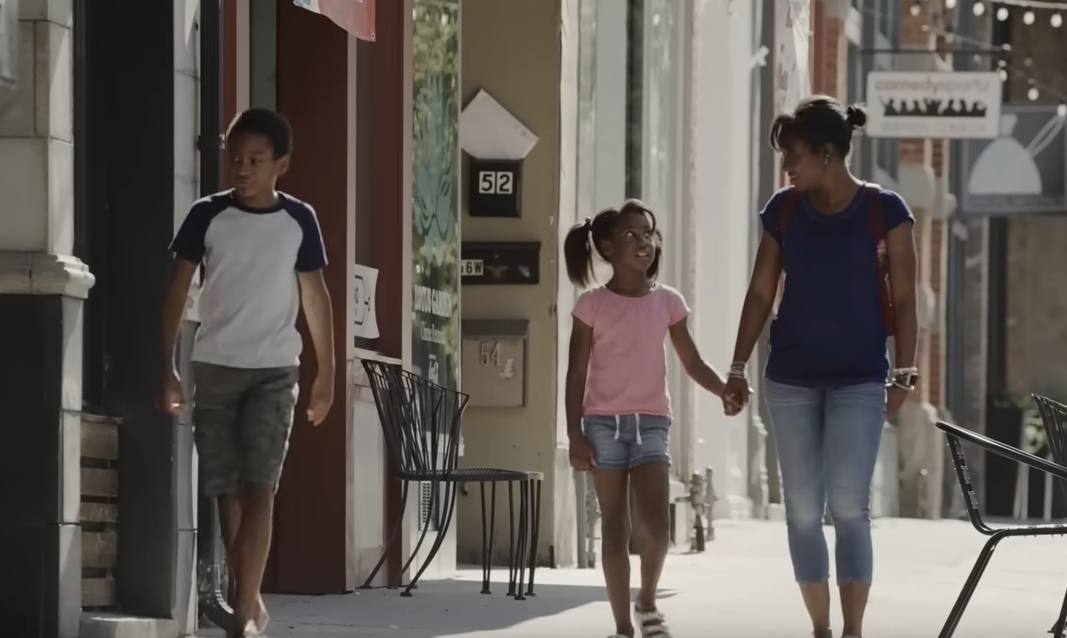

Recent studies have highlighted significant disparities in green space and cooling capacity between cities in the Global South and those in the Global North. A study utilizing NASA satellite data revealed that cities in the Global South possess 70% less greenery-related cooling capacity compared to their northern counterparts. The average cooling effect in Global South cities is found to be 4.5°F (2.5°C), while cities in the Global North enjoy an average cooling of 6.5°F (3.6°C) [6e74585c].
This lack of green space is particularly concerning as it contributes to increased heat extremes in the Global South, exacerbating the challenges posed by climate change. The study, led by Yuxiang Li from Nanjing University and published in Nature Communications on November 29, 2024, analyzed the 500 largest cities globally. It noted that Charlotte, North Carolina, emerged as the best-performing green city, while Mogadishu, Somalia, was identified as the worst in terms of green space availability [6e74585c].
The implications of these findings are profound, especially for Black Americans who are increasingly migrating to the South, where urban heat can exacerbate existing inequalities. As temperatures rise due to climate change, the need for adequate green spaces becomes even more critical for improving quality of life and reducing energy costs associated with cooling. The intersection of urban planning, climate justice, and racial equity must be addressed to ensure that vulnerable communities are not disproportionately affected by the impacts of climate change [422070ac][6e74585c].
Efforts to enhance green spaces in Southern cities could play a vital role in mitigating heat extremes and improving the overall quality of life for residents. This includes creating more parks, green roofs, and urban gardens, which can help lower temperatures and provide essential recreational spaces for communities. By prioritizing green infrastructure, cities can work towards a more equitable and sustainable future that benefits all residents, particularly those in marginalized communities [6e74585c].